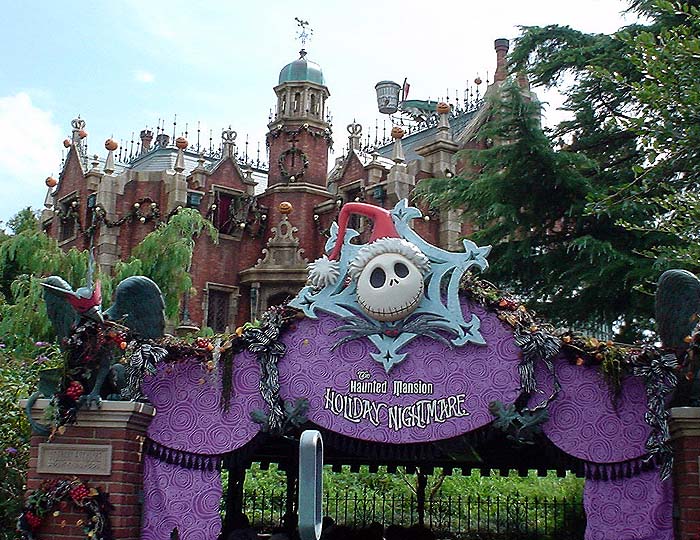Sheridan Le Fanu’s Carmilla was interesting to me as it seems a little different from other vampire novels I’ve read. This isn’t the first time I’ve read a vampire story with a female vampire. It isn’t nearly as common of course, but it has the same tone and feeling to it as a male vampire story. On that subject, I would look to look at question number three. The relationship between the narrator and Carmilla seems to be deeper and more intimate than just simple friendship.
“I took her hand as I spoke. I was a little shy, as lonely people are, but the situation made me eloquent and even bold. She pressed my hand, she laid hers upon it, and her eyes glowed as, looking hastily into mine, she smiled again and blushed.” (p.259)
“She held me close in her pretty arms for a moment and whispered in my ear, ‘Good night, darling, it is very hard to part with you, but good-night; to-morrow, but not too early, I shall see you again.” (p.261)
In the flow of the story, a relationship between two females (or two males as we may see hints of in other vampire stories such as Anne Rice’s The Vampire Chronicles) is perfectly acceptable. Is this unnatural? Not at all. Within these stories, it is impossible to resist the beauty of the vampiric character. A character may be drawn to their perfect features or charming nature and become completely infatuated with them. Carmilla is described several times within the first part of the story are being beautiful, the narrator can hardly be blamed for liking Carmilla.
“She was so beautiful and so indescribably engaging.” (p. 261)
“Her looks lost nothing in daylight—she was certainly the most beautiful creature I had ever seen.” (p.261)
“She was slender and wonderfully graceful. Except that her movements were languid—very languid—indeed, there was nothing in her appearance to indicate an invalid. Her complexion was rich and brilliant; her features were small and beautifully formed; her eyes large, dark, and lustrous; her hair was quite wonderful I never saw hair so magnificently thick and long when it was down her shoulders.” (p.262)
As the story progresses, so does their relationship.
“I am sure, Carmilla, you have been in love; that there is at this moment, an affair of the heart going on.’
‘I have been in love with no one, and never shall,’ she whispered, ‘unless it should be with you.’ (p.273)
It’s very sweet, yet when I think of when the novel was written (1872) I can’t imagine sexual relationships like this were well accepted, vampire or not. Does vampire literature like this bring controversy? In fact, proper Christian values are mentioned several times. It's interesting to think about the taboo nature of the possible love between the two characters.
It is also interesting to see, as the story continues, Carmilla’s character unfold. She is the mysterious, dark figure in the story and yet she acts very human-like and childish in parts. She is easily angered, she is upset when the narrator sings for the passing funeral and she acts afraid and lonely. She seems enigmatic and charming in parts, but in other parts she seems quite normal. She is certainly different from Lord Ruthven.

